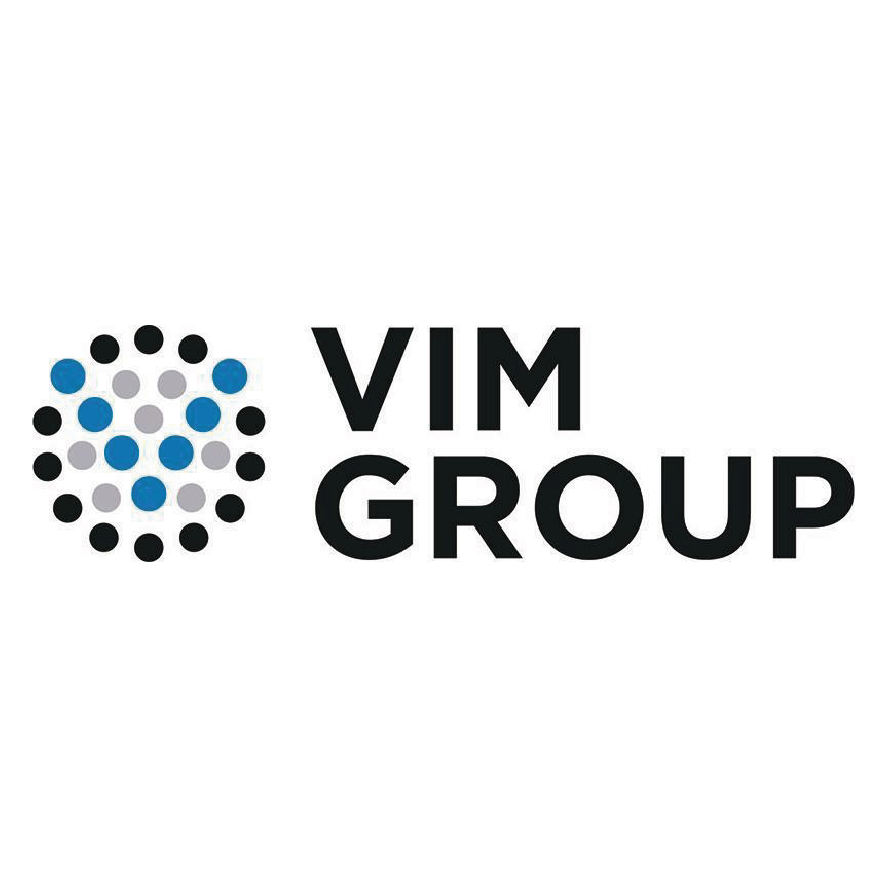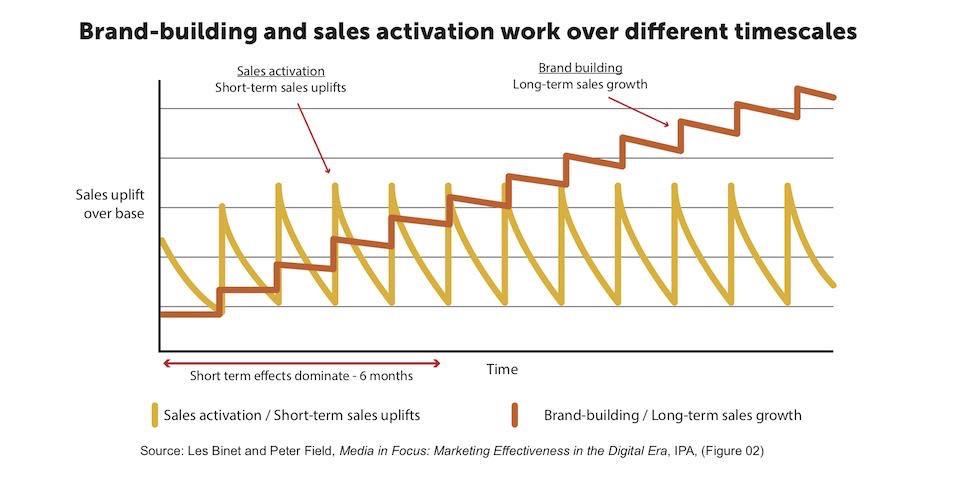

As we approach CHARGE Europe (17-18 October), we’ve been asking our top speakers and partners to reveal their approach to branding in energy. In this article, we speak to Marc Cloosterman, CEO, VIM Group.
The interviewers are, Friðrik Larsen, Founder and Owner of CHARGE and Sonja Sigríður Jónsdóttir, Conference Producer at CHARGE.
What new developments in or outside of energy do you believe will be most influential in the transition to customer-centric energy ecosystems?
The war in Ukraine is a testament to the rising influence of geopolitics on sectors and their position in the world. This doesn’t only apply to the energy sector, but for example, also to food and logistics. We also saw a huge impact on the disruption of supply chains following the emergence of Covid-19 over the last two years, where chip shortage, supply chain disruptions and, for example, shortage of sea containers still affect the delivery of many product categories like cars and electronics, even more than two years after the initial outbreak of the pandemic.
What do you think are the biggest opportunities today for energy companies as it relates to brand and marketing?
For decades, the energy sector has been seen as a ‘commodity’, and it has been struggling to create an appealing purpose in the perceived ‘sea of sameness’ across different stakeholder groups. With the effects of the pandemic and the war in Ukraine, together with innovations in the electrification domain globally, the raison d’etre for energy businesses has become more important and appealing than ever before. This offers a fantastic opportunity for these organizations to re-assess their positioning and purpose to future-proof themselves in this new energy era.
How do you see your clients building the business case for brand investment?
Nowadays, no organization makes brand investment without a business case, which is a really good thing. The time of bringing out big – and sometimes hairy and audacious – goals without making the investment case is over. Our ImpactValuator-tool holds the spend of hundreds of rebrands around the world from the last 18 years – and is almost always part of a starting conversation with any business around making the case for investment.
What impact does ESG have on brand identity now, and how important will it be in the future?
We’ve entered the stakeholder economy, where the focus is no longer only on investors and customers but also on wider stakeholder groups like society, employees and the environment. For organizations, this implies that brand building over time – to create awareness and empathy across stakeholder groups – has become way more relevant than it used to be. Binet & Field’s work on the long and the short of brand building resonates with many board members these days to invest more in brand building and less on sales activation.

What advice would you leave brand and marketing leaders going into 2023/24?
The shift to the stakeholder economy will be a lasting one, and this should be the center point in anyone’s future strategy. Yet, we’re seeing examples where the pendulum is swinging too far – for example, at Unilever, where it’s been a mantra for a long time, and they’ve been a thought leader in the space. Currently, they face shareholder pressure for potentially having overemphasized the relevance. This is only natural, in my opinion, and especially if business performance – as it is in Unilever’s case – is lagging from peers. Finding the balance between purpose and performance will remain a balancing act – and with the huge impact of geopolitical developments, more challenging than ever before.

